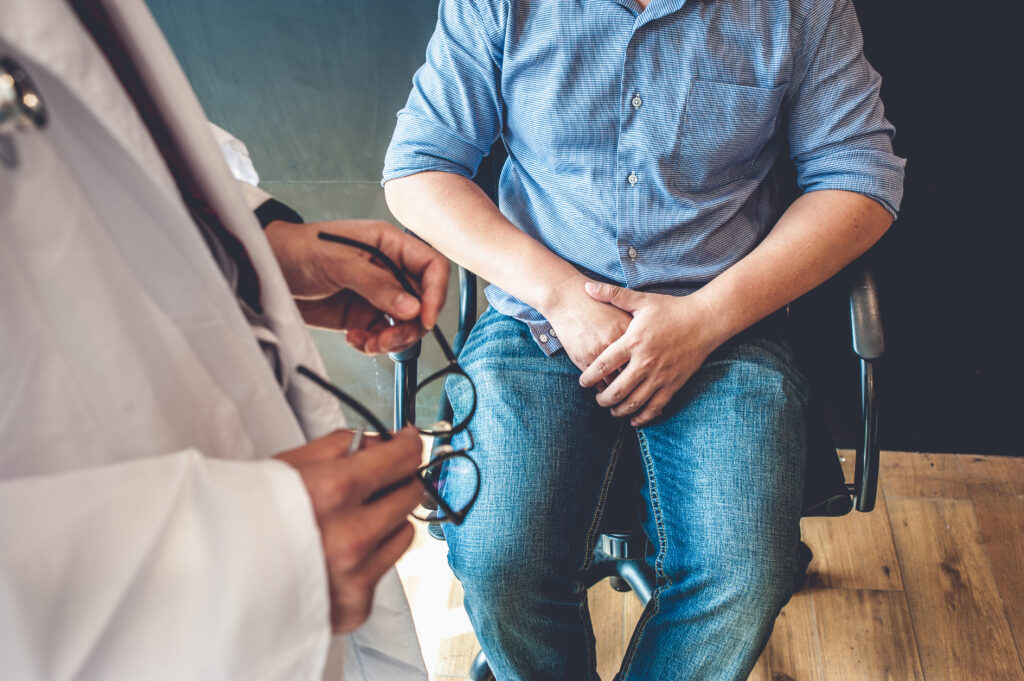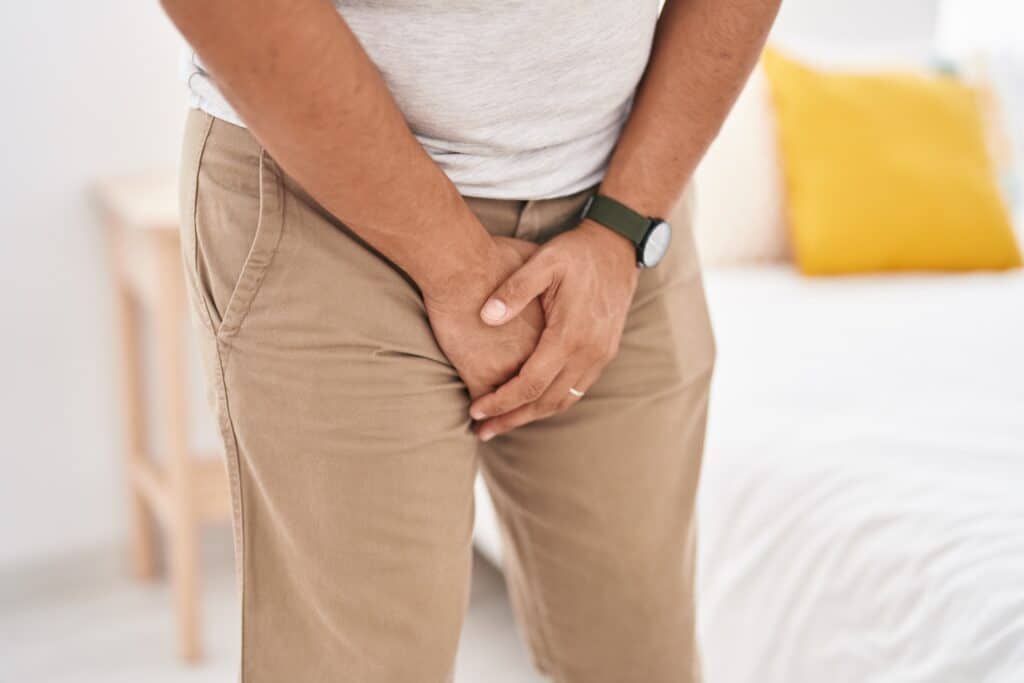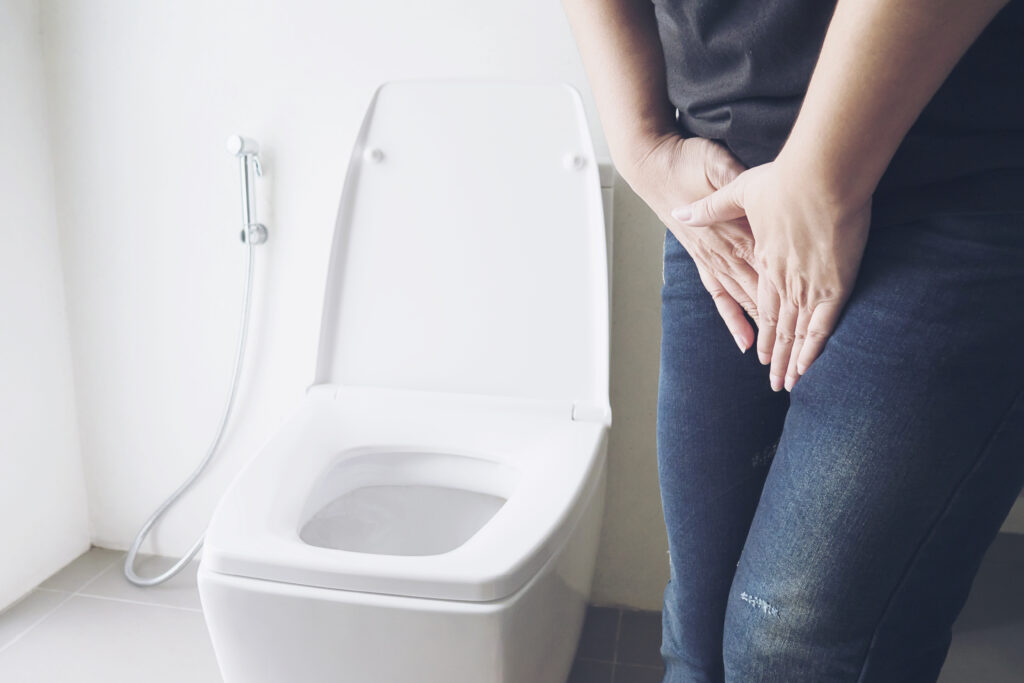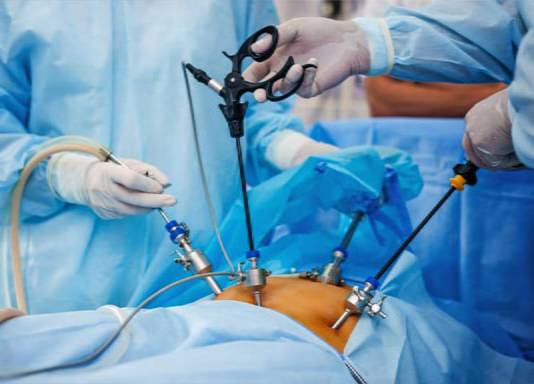It is crucial that you are informed about the symptoms and signs to detect the disease in its early stage. Below, find most commonly occurring urological conditions and an overview of their treatments to understand these conditions better.
But before we go any further…
What exactly is urology?
Urology is the branch of medicine science that focuses on the urinary-tract diseases and reproductive medical issues in males. Urologists are specialists of urinary-tract diseases. You may have to see an urologist if your general health physician detects a problem in any of the following organs: urethra, ureters, bladder, kidneys, and adrenal glands.
Most common urology conditions
Most urologists in Dubai offer assistance with the following most commonly occurring urology conditions:
- Hematuria (blood in urine)
- Neurogenic bladder
- Urethral syndrome
- Urinary tract obstruction
- Urethritis (urethral infection)
- Hydronephrosis
- Urinary tract infection – Vesicoureteral reflux
- Benign Prostatic Hyperplasia
- Premature Ejaculation
- Decreased Libido
- Urinary Tract stones
- Urinary Tract Infections
- Male Incontinence
Urology conditions can be different for men and women. For men, top medical centers in Dubai offer assistance with:
- Male urinary incontinence
- Men’s prostate care
- Men’s reproductive care
For women, you can find assistance with:
- Chronic pelvic pain
- Female urinary incontinence
- Fecal incontinence
Other Urological conditions that may require specialized medical assistance include prostate cancer, bladder cancer, bladder prolapsed, erectile dysfunction (ED), interstitial cystitis, overactive bladder, and prostatitis.
Urology Treatments
Almost all urological conditions can be treated. In fact, in this day and age, you can get benefit from robot-assisted surgeries that make an urologist’s job much easier and give you the chance to fight serious conditions with painless and quick procedures. Some of the available procedures in this field include, but are not limited to:
- Urethroplasty
- Cystectomy
- Cystoscopy
- Extracorporeal shock wave therapy
- Nephrectomy
- Organ Implants
- Reconstructive Urological Surgery
- Platelet Rich Plasma (PRP) for ED
- Laparoscopic Surgery
When to see an urologist
There are certain symptoms that you just can’t ignore. For example, if you notice blood in the urine, it’s a clear sign that there is something seriously wrong. In addition, watch out for the following symptoms:
- Consistent pain or a burning sensation while urinating
- Frequent urinations
- Incontinence
Consult with your general health physician and get the right exams to identify the exact urinary issue. Sometimes things are not as serious as they may seem. Therefore, proper examination is important. If your physician suspects that there is indeed an underlying problem that needs specialized medical attention, you need to see a urologist.
Final thoughts:
You can maintain your urological health by keeping your overall health in balance. Regular exercise and proper diet are the key ingredients of good health. Most of the urological problems can be prevented through regular exercise, diet and regular checkups. In addition, early detection can help you eradicate the disease before it becomes a bigger problem. So, it’s important that you take the first step; recognize the problem and take immediate action!


















